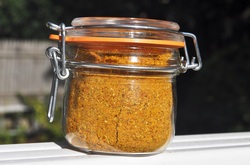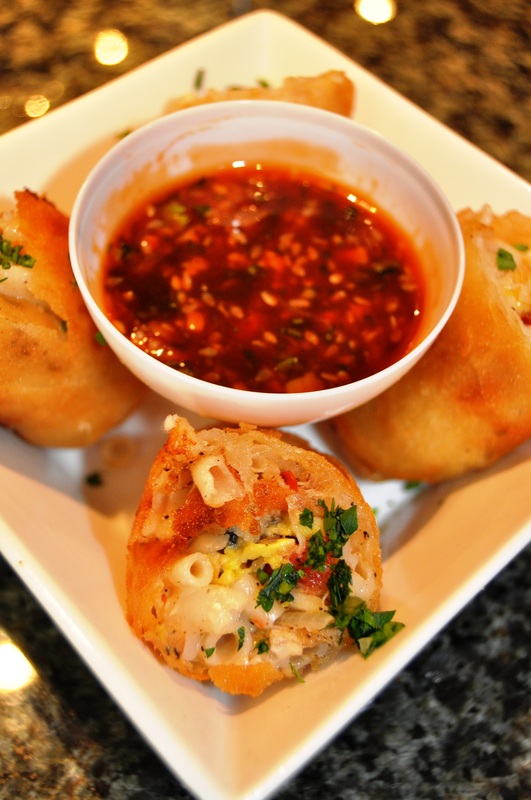
Curry Powder - see video for recipe
I am excited to be off to the Culinary Institute of America at Greystone in Napa Valley this week to join other chefs at the 14th World of Flavors conference. It’s a privilege as this is the first time the Caribbean has been represented and I am looking forward to not only exposing our long history but also demonstrating examples of the modern culinary culture that we have been developing for many years now. For many Caribbean or at least Jamaican food is defined by Jerk. Whilst jerk is a worthy part of our culinary history and worthy of Presida status by the Slow Food Movement it is mostly misunderstood and the title mis used. I will therefore be delving into the real meaning and demonstrating some modern interpretations that are considered acceptable within the region. The first and most important delineation is the difference between using the title Jerk and using Jerk Spice.
As jerking is process, which includes marinating and tenderization with specific herbs, and slow cooking it cannot be readily applied to just any item. It is acceptable though, at least in my eyes, to refer to the fact that one has used Jerk spices, commonly pimento, scotch bonnet and thyme to flavor one or another item; items that will not be marinade or slow cooked. My favorites in this category include Jerk spiced Short bread and Popcorn.
Anyway, my presentation will focus on Jerk and Curry as the two foundational flavours that defines our cuisine
beginning with making each of these items. There are of course as many recipes for each as there are cooks in the Caribbean but there are certain fundamentals that cannot be ignored. I will begin form that point and then demonstrate the divergence or styles that can branch form these common routes. There are a series of opportunities over the four days of the conference running from walk around tasting sessions to demonstrations, lectures and live fire cooking sessions.
I will be starting off with Janga Soup and Jerked Pork Belly Mac and Cheese springs rolls on the first evening. During the next two days, I will be making Curry as a mother sauce and creating Samoa’s, Empanadas and Pasty with various curried items. Of course as is indicative of our cuisine there will be lots of interesting sauces and sides to complement and enhance the flavours.
I am looking forward to meeting other chefs from other cultures, learning and sharing. After the event I will publish the recipes from the conference, write more about others reactions to our style of cuisine, and share more about what I have learnt from this important culinary activity
As jerking is process, which includes marinating and tenderization with specific herbs, and slow cooking it cannot be readily applied to just any item. It is acceptable though, at least in my eyes, to refer to the fact that one has used Jerk spices, commonly pimento, scotch bonnet and thyme to flavor one or another item; items that will not be marinade or slow cooked. My favorites in this category include Jerk spiced Short bread and Popcorn.
Anyway, my presentation will focus on Jerk and Curry as the two foundational flavours that defines our cuisine
beginning with making each of these items. There are of course as many recipes for each as there are cooks in the Caribbean but there are certain fundamentals that cannot be ignored. I will begin form that point and then demonstrate the divergence or styles that can branch form these common routes. There are a series of opportunities over the four days of the conference running from walk around tasting sessions to demonstrations, lectures and live fire cooking sessions.
I will be starting off with Janga Soup and Jerked Pork Belly Mac and Cheese springs rolls on the first evening. During the next two days, I will be making Curry as a mother sauce and creating Samoa’s, Empanadas and Pasty with various curried items. Of course as is indicative of our cuisine there will be lots of interesting sauces and sides to complement and enhance the flavours.
I am looking forward to meeting other chefs from other cultures, learning and sharing. After the event I will publish the recipes from the conference, write more about others reactions to our style of cuisine, and share more about what I have learnt from this important culinary activity

 RSS Feed
RSS Feed